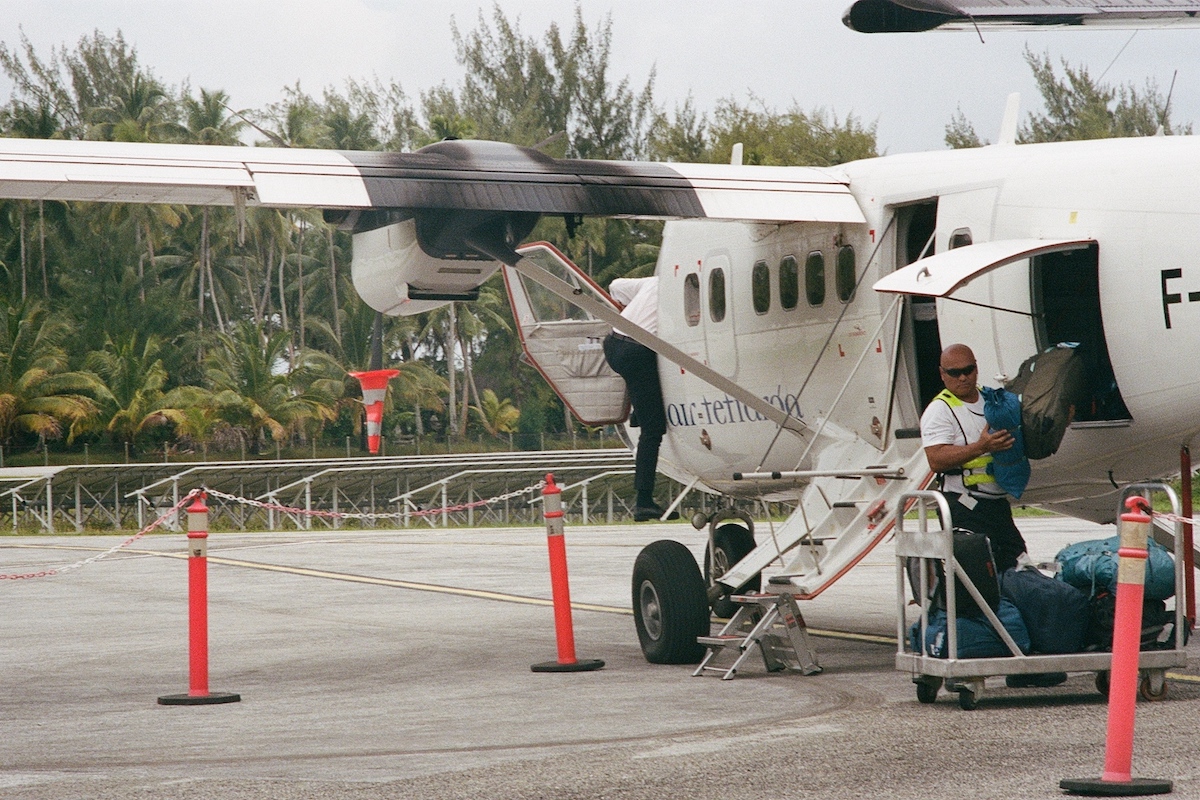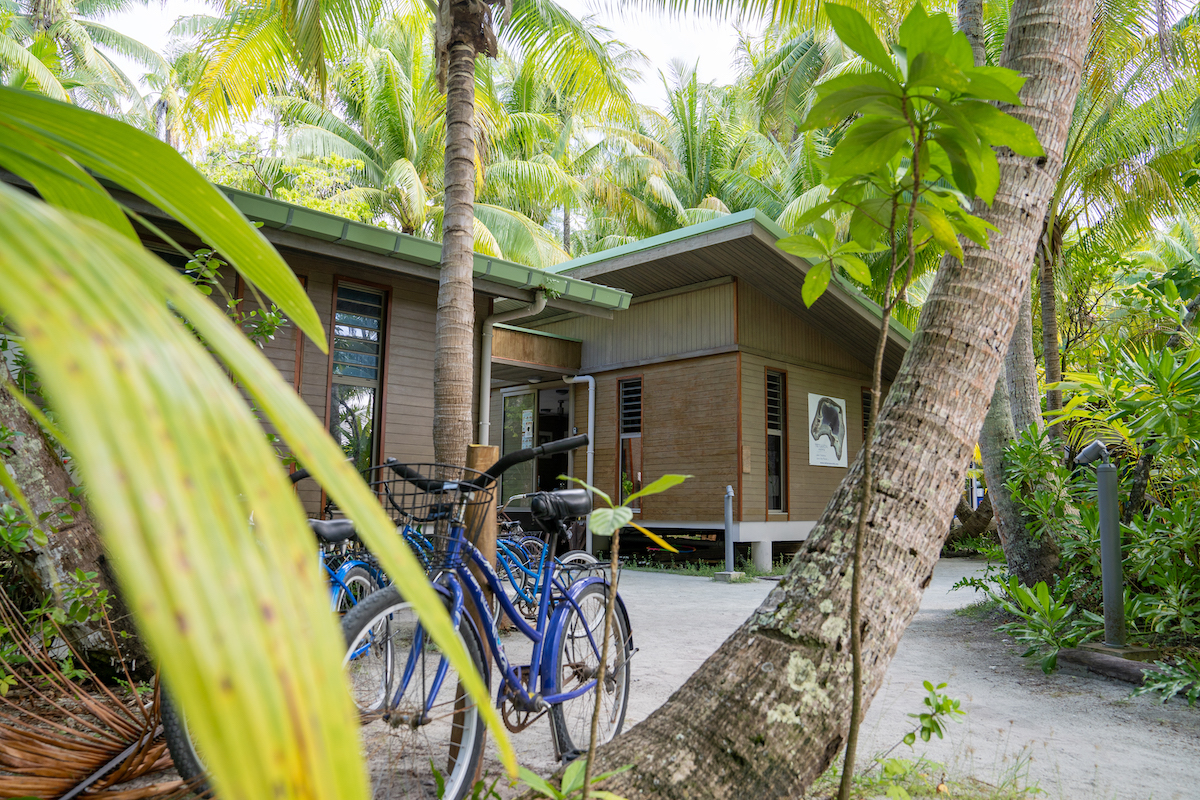

Todd Osmundson (PhD, Columbia University 2009) is a postdoctoral researcher in the Garbelotto lab at UC-Berkeley. His research interests are in the systematics, evolution, ecology, and conservation biology of microbial organisms - current research systems include ectomycorrhizal fungi, microfungi and bacteria. Knowledge about the evolution, dispersal, and interactions of these organisms is critical for understanding ecosystem function and predicting how diversity will be impacted by threats like climate change and habitat loss and fragmentation. Dr. Osmundson's research therefore involves multiple lines of investigation, from species discovery and description to examining the historical and environmental factors responsible for present species distributions, the functions of microbes in ecosystems, and the response of different microbial species to ecological perturbations. His past and current research experience includes fieldwork in Australia, China, Costa Rica, French Polynesia, Guatemala, Mexico, Svalbard, Thailand, and the United States, in tropical, temperate, arctic, and alpine biomes. Current work related to the Moorea Biocode Project includes (1) surveys of macrofungi (i.e., mushroom-forming fungi); (2) analysis of environmental samples (soil, leaf, wood, aerobiota) for characterization of fungal communities using culture isolation and analysis of DNA clone libraries; (3) description of fungal communities associated with invasive plant species; (4) comparison of endophytic fungal communities associated with dominant plant species, across a land-use gradient ranging from agricultural plantations and Polynesian agroforestry to endemic plant communities; and (5) characterization of ectomycorrhizal symbionts of two introduced tree species.

